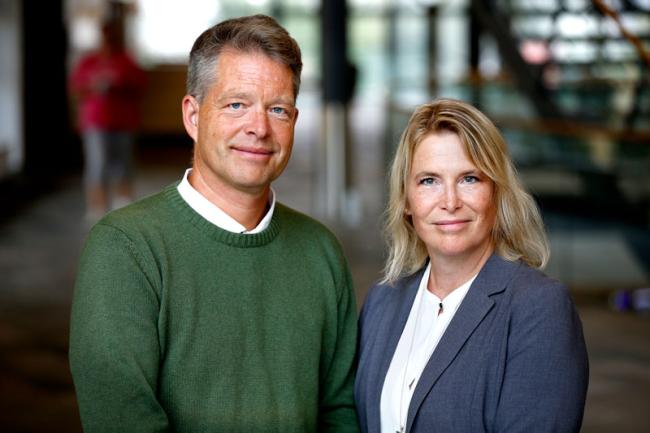Researchers: This is what must be done in order to halve food waste by 2030
2024-09-30Researchers at the Service Research Center (CTF) at Karlstad University have written a report about Nordic food waste with recommendations for political measures. The message is clear:
– We can either take forceful action right now, or else abandon the goal of reducing food waste by 50 percent by 2030.
The researchers have identified initiatives and measures that resulted in less food waste in restaurants, schools, retail businesses and Nordic households. Based on that, the researchers propose a number of measures for halving food waste by 2030.
– It’s everything from implementing political measures in order to reduce food waste, to reinforcing the Nordic collaboration through more clearly defined requirements regarding data sharing, as well as assessment and reporting of food waste, says Helén Williams, associate professor of Environmental and Energy systems.
The report is commissioned by the Nordic Council of Ministers and is aimed at politicians, policymakers, and actors in the food and retail industries. The goal is to offer political recommendations and proposals for measures aimed at reducing food waste, which the Nordic countries can work with and develop.
– It's also meant as an easy-to-use and informative handbook for public servants, where they can learn about what each country is doing, says Helén Williams.
Take action or give up?
Since the goal of halving food waste was set in 2015, the waste has only been marginally reduced. According to the researchers, forceful measures are needed to reach this goal.
– We are at a crossroads where we need to decide to either take strong action immediately, or accept that we’ll have to abandon the goal, says Fredrik Wikström, professor of environmental and energy systems.
Households are the biggest food wasters
According to the report, the biggest food waste happens at the consumer level, so reducing food waste here provides a much larger effect than in the preceding stages – even if both are important.
– To support consumers and help reduce household food waste we have identified a need for limiting sales campaigns in retail, in order to avoid food waste when consumers buy more than they have time to eat, says Helén Williams. We also see a need for an increased awareness among consumers, and changes in the regulation regarding best-before dates. These are some measures aimed at reducing household food waste.
The report is written by Fredrik Wikström and Helén Williams, in collaboration with Peter Samuelsson and Siri Jagstedt, both researchers and senior lecturers in business administration at CTF and Karlstad Business School at Karlstad University.
The report is part of the Nordic project Healthy and Sustainable Food Systems, headed by the Nordic Council of Ministers. The report is part of the policy commitment that the Nordic Council of Ministers for Fisheries, Aquaculture, Agriculture, Food and Forestry agreed upon in 2023, under the header: Reducing Food Waste for a Green Nordic Region. The report is part of a series of Nordic efforts aimed at reducing food waste.


